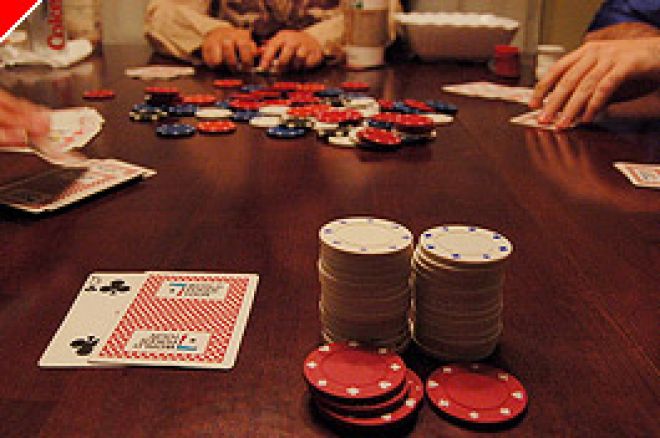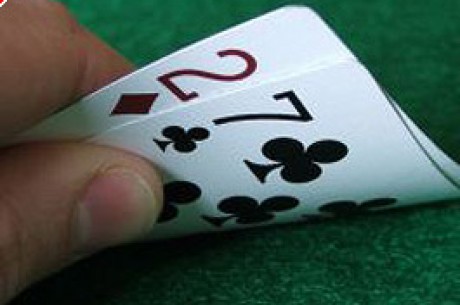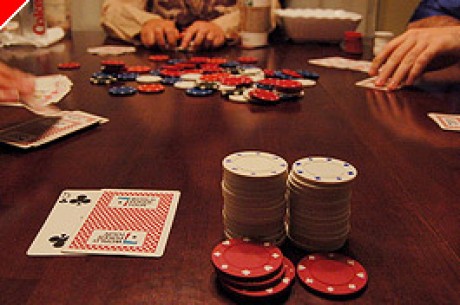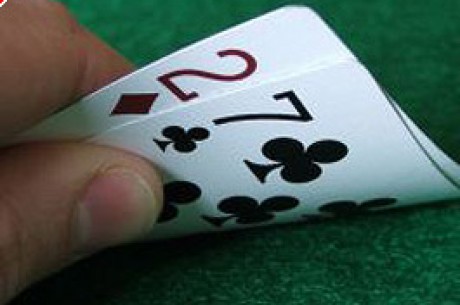Fun Home Poker Game Rules - Anaconda (aka - Pass the Trash)

When I was in high school �C back in the middle of the last century �C we had a home poker game that I hated. Everyone else seemed to love this game. But I thought there was something about it that made it antithetical to the natural rules of poker �C everyone being for himself. The game was Anaconda.
Anaconda involved passing cards to other players �C something I thought should never be allowed. It struck me as an invitation for collusion �C or at the very least for punishing someone you didn't like. Even so, I learned to put up with it. And now, like rock and roll that I also detested, I look back on it fondly �C if only for nostalgic reasons.
Here's how it's played �C or at least how we played. Different groups of players may have had slight variations.
The game was played high low declare.
The dealer dealt seven cards face down to each player. There was a round of betting. Then each player passed three of his cards to his left. There was another round of betting. Then each player passed two cards to his left. There was another round of betting. Finally, the last passing round, and each player passed a final card to his left.
We then added a "roll your own" feature. Each player would then arrange his cards as he wished them to be turned over. He would put his stack down in front of him. The order of the cards could no longer be changed. Each player would then turn over one card. The high hand showing would start the betting as they would in a stud game. There would be a round of betting following each up card that was turned up.
We rolled six cards face up and then we declared high, low, or high-low. Following the declare there was a final round of betting with the best declared high hand and the best declared low hand splitting the pot.
The game seemed wild and crazy. But here's the kicker to it all. It was a game that greatly favored the conservative skilled poker player. The winning hand values were quite high, with the passing of cards back and forth. And the conservative player could fold all but the highest value hands. And then, with the seven additional rounds of betting after the cards were passed, he could soak his looser opponents.
The game also favored the player skilled in reading his opponent for high or low �C since he could often sneak in for half the pot by manipulating his opponents with raises while reading the exposed cards. Also, if you were adept enough at poker to think about the cards that you were passed, you could often get a read on what your opponent was holding based on the cards he passed you.
Say, for example, that your opponent kept passing you high cards. It was a pretty good notion that he was trying to make a really good low. On the other hand, if he passed you low cards he might have either already made a really good low �C or he might have been going for a big full house.
With good card memory you could also remember what remained in some of your opponent's hand based on what you passed him. Think about it. If in the final passing round you passed the guy to your left the King of Spades and he had six cards showing at the end �C but hadn't exposed the King of Spades, then you knew with certainty what his unexposed card was. That could make a huge difference.
This game is great when your opponents are drunk or not paying attention but you are. It's the perfect game to exploit the skill differential between you and other players. On retrospect, I think I love this game!








